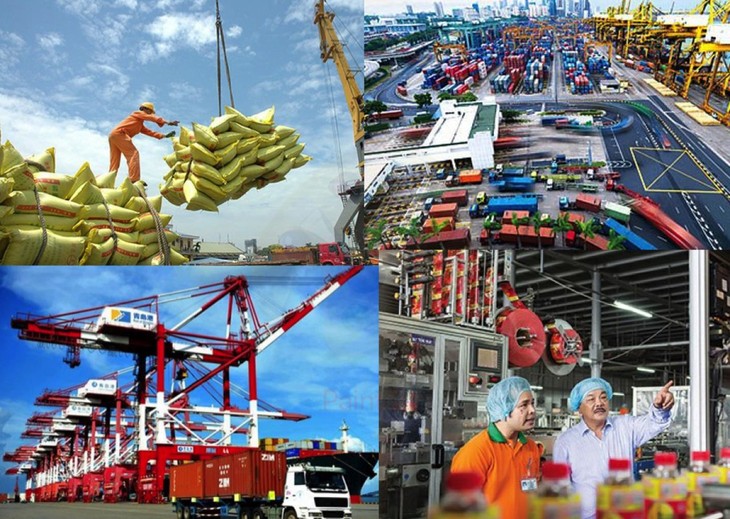(VOVWORLD) - Over the past 9 months, Vietnam’s macro-economic situation has been stable and inflation has been kept under control, said lawmakers on Thursday. They agreed that Vietnam will complete or even surpass 14 of 15 criteria set out for this year.
 (Photo: dangcongsan.vn) (Photo: dangcongsan.vn) |
Nguyen Huu Thong, a NA deputy for Binh Thuan province, said, “Our economy is recovering and achieving comprehensive results. In 2022, GDP grew 8%. Vietnam is one of very few countries in the world who have been praised for effective COVID-19 prevention and economic recovery.”
Vietnam has seen strong growth in exports, new businesses, and FDI. But COVID-19, geopolitical conflicts, and high oil prices are negatively affecting the Vietnamese economy.
Huynh Thanh Phuong, a NA deputy for Tay Ninh province, underscored the importance to closely monitor world economic, financial, and monetary market fluctuations, flexibly combine fiscal and monetary policies, keep the macroeconomy stable, curb inflation, and ensure major economic balances. “Current geopolitical conflicts between regions have led to long-term economic structural transformation around the world, so it’s necessary to ensure that the Vietnamese economy is independent and self-reliant in the new period, with an immediate focus on tapping trade and investment agreements to promote exports,” said Phuong.
Legislators underscored the need to develop a digital economy as the Fourth Industrial Revolution assumes a greater role in the economy of every country.
Vietnam’s internet economy was valued at 21 billion USD last year, contributing about 6% to GDP and ranking 14 of 50 Asian countries.
Vietnam has targeted 30% growth in the digital economy by 2030, with no field growing less than 20%.
Le Hoang Hai, a deputy for Dong Nai province, said: “It’s necessary to improve the digital infrastructure and human resources. Developing digital transformation scenarios will help industries and businesses outline appropriate goals and roadmaps for digital economic development.”
NA deputies also discussed culture, health care, new rural building, public investment, and acceleration of key national projects.